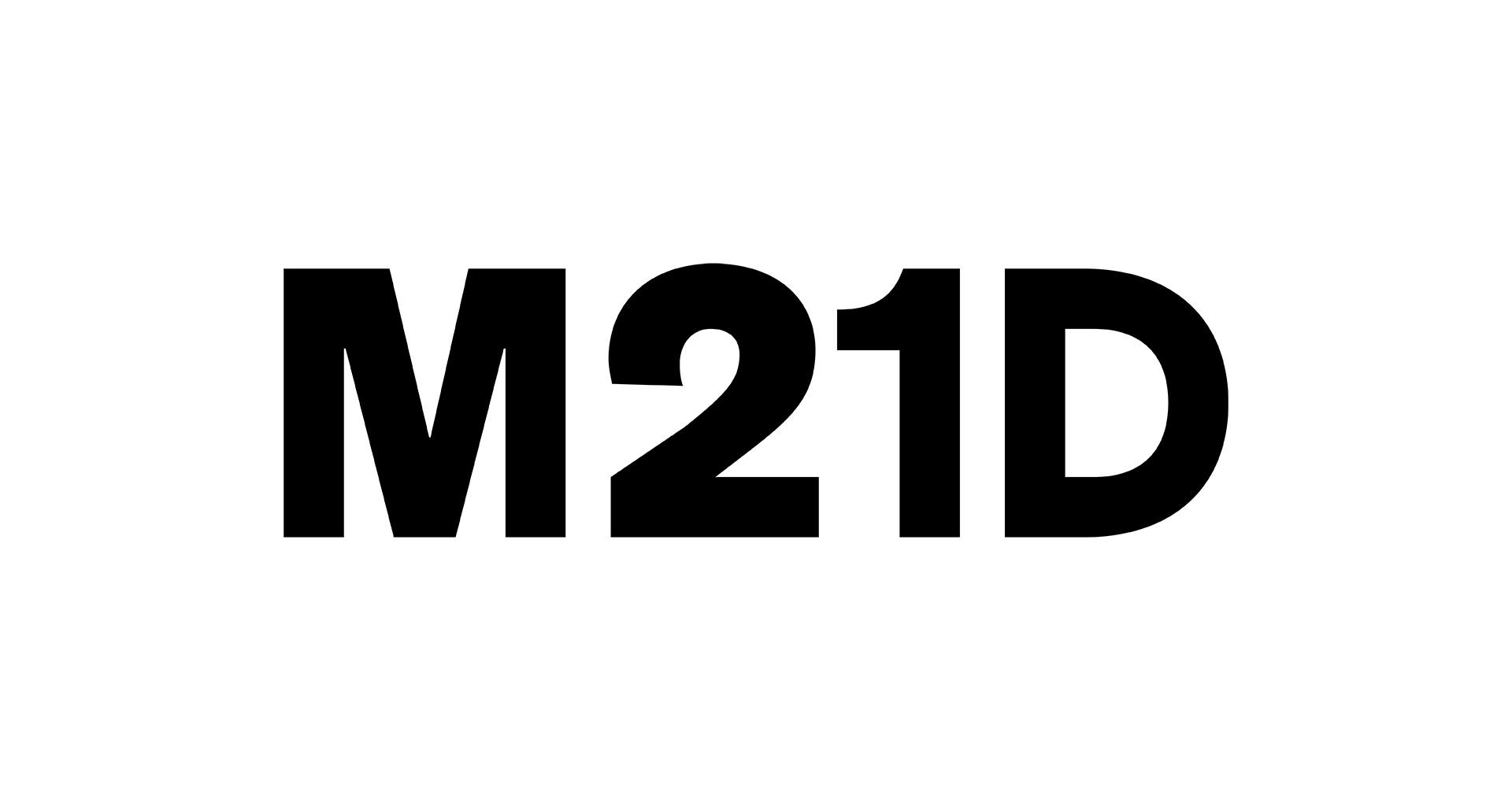SMS Apps for Low-Tech Phones

Image credit: Kiersten Thamm
Materials
Software and hardware in cellular networks and mobile phones
Labor
Ongoing research into the working conditions of those developing SMS applications
Creators
Assorted individuals and teams, most located on the continent of Africa
Uses
Enables users to do more than call and text on minimal phones
Access
SMS apps are inexpensive to operate and accessible via several methods
Equality
Almost one billion low-tech phones were sold in 2021, many of which were purchased by people without reliable access to wifi or the infrastructure used by smartphones. Using SMS allows more people to do more with their phones.
Life cycle
Ongoing research into the development and use of SMS applications
Do you have something to add? Let us know! info@m21d.org
Increasing the Functionality of Low-Tech Phones with SMS
Low-tech phones, dumbphones, minimalist phones, retro phones, feature phones, and bricks are all popular terms for mobile handsets that feature press buttons, a small non-touch display, and limited functionality that allows only for voice calls over cellular networks and SMS exchanges. (You can read more about the Nokia 1100, the most popular of all mobile phones, in its design file.)
People and companies identified SMS technology as an opportunity to expand the features of low-tech phones. SMS stands for “Short Message Service,” an apt name as each message can only contain 160 characters. The messages travel via GSM network, which is what you use when you make voice calls on mobile phones. Running on this network means SMS messages don’t require much electricity and have a low data load.
Companies have taken SMSes places they were never intended. In 2014, the Caktus Group developed the world's first SMS-based voter registration system in Libya, according to the World Policy Blog. More than 1.5 million people registered using the system within a single year, providing Libyan voters with unprecedented access to the democratic process. Other companies use SMSes to distribute news and marketing materials. A South African company called Mobiz caters to this market. Mobiz sells a code-free tool that helps businesses create and send SMS campaigns to their customers. The demand for SMS engagement is demonstrated by Mobiz’ recent four million dollars in funding. One SMS app even allows users to secure their car by SMS. Across the board, applications built using SMSes allow more people to use their phones in more ways without necessitating the infrastructure and costs of high-tech phones.
Increasing Access for Millions — Maybe Billions
These SMS apps enjoy an enormous market across the globe. Because low-tech phones are inexpensive to run and operate, durable, and easily purchased in person, they remain in circulation despite the popularity of smartphones. A March 2022 article in Reclaim the Net summarizes increasing buying trends:
“Some reports cite figures related to sales of [low-tech phones] as increasing from 400 million units sold worldwide in 2018, to a billion in 2021. This seems to correspond to other statistics, such as the fact that in the same period, Google searches for “dumbphones” increased by 89%. At the same time, global sales of smartphones dropped 12.5 percent in 2020 to 1.4 billion devices last year.”
The BBC reports similar numbers and references consumers in North America and Europe who purchase low-tech phones to avoid doomscrolling and other depression-inducing activities associated with high-tech phones. But the popularity of low-tech phones expands across the globe and most innovations come from western and southern African regions.
M21D and SMS Apps
M21D continues to study SMS apps with the intention of choosing one to research and propose for the M21D permanent design collection. We already know through researching the Nokia 1100 that low-tech phones last longer, survive in harsh conditions better, and maintain battery lives for longer than smartphones. Adding SMS apps to our study collection provides an additional understanding of how these durable pieces of hardware operate for the benefit of vast numbers of people. Moreover, as low-tech phones become increasingly popular in North America and Europe, the SMS apps from Africa will influence the direction of SMS apps across the globe.
Resources
This Cameroonian startup secures your car via SMS, Disrupt Africa
African startups are using SMS to build apps for 'dumb' phones, Insider
Cashing in on smart apps for dumb phones, Times Live
Dumbphone Revival, GMA
Libya's Election Ushers in New Voter Tech, World Policy Blog
Sales of “dumb phones” are increasing, Reclaim the Net
SMS, not apps, key to content distribution in Africa, AppsAfrica
South Africa’s Mobiz nabs $4M to expand personalized SMS marketing into the US, TechCrunch
